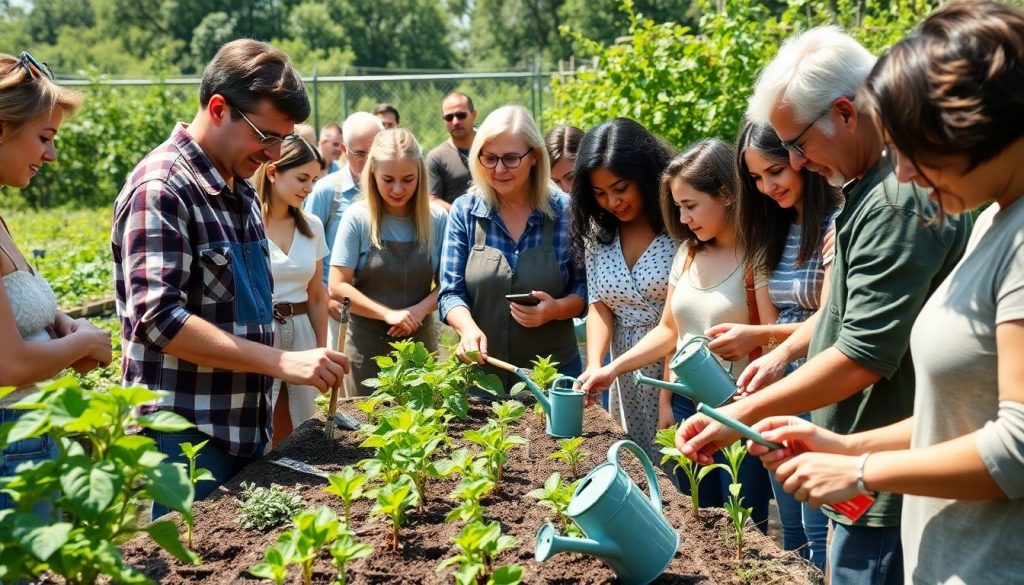Ready for greener growing in New York? The demand for organic food is growing. This is an amazing opportunity for farmers and businesses like yours! Certification opens avenues for you to fulfill this demand. It tells consumers, “You can trust me.” And it gives you access to new markets. The NYS Organic Certification program is significant. It helps you prove you’re doing it with good reasons. So let’s take a look at how it works.
Comprehending the NYS Organic Certification Process
Want to get certified organic in New York State? There are several critical steps involved. Let’s break them down so that you will know what to expect.
Preliminary Assessment and Eligibility
Are you even eligible for organic certification? Some prerequisites must be met. These include the history of the land. Has anything prohibited been applied on the land? You need buffer zones to keep any organic crops protected from any conventional farms nearby. Those zones are a barrier to prevent any chemical drift. Make sure liquid eligibility before going any further.
Developing an Organic System Plan (OSP)
The OSP is a plan of how you’ll be farming organically. So it needs compromising quite a bit of ground: what crops will you rotate, how will you work with the soil, pests, and diseases? You’ll have tons of records to weigh. Your OSP is your golden ticket. Be sensible; take your time with it.
Inspection and Review
Out there, someone comes to check your farm. An inspector will see whether you are following your OSP. They will check your records along with your fields. Answering their questions should be part of your preparation. Demonstrate that you do what you said you’d do. Clear documentation can really work wonders.
Core Organic Practices for NYS Farms
New York farms have their own challenges. Let us look at some major organic practices that work here. These are essential for success.
Soil Health Management in a Temperate Climate
Soil health is the most important aspect of any organic farm. Here in the temperate New York region, you will, indeed, benefit from compost. Cover crops are another terrific idea. These two methods help in maintaining soil health. Healthy soils help grow healthy plants. What will work best for your farm?
Pest and Disease Control Strategies
Pests and diseases can make organic farmers tense, but the harmful insects do not deserve much of any pesticide. Integrated pest management is the answer. This means always considering resorting to biological control first: think good bugs that eat your bad bugs; only after that consider badly behaving organic pesticides if and when truly necessary.
Conservation and Management of Water
Water conservation is our new, undying motto. Water-efficient irrigation helps, but rainwater harvesting should also be on that list. Not only protect your water resource from getting polluted, but rather also put it into sustainable practices. Water is a lifeline for healthy crops; saving water is a blessing to the environment.
Resources and Training Opportunities in New York
Do you still want assistance to become organic? New York provides many resources to farmers such as yourself. Utilize those training opportunities; they make a difference.
Cornell Cooperative Extension Programs
These extension programs from Cornell University have several offerings. It runs its programs through workshops and webinars, on-farm help, and so on; they cover all varieties of organic topics. Check out what they offer in your area.
NOFA-NY Certification Programs, Inc.
NOFA-NY can help you to certify. You can obtain assistance gaining certification with their help, and as a bonus, they can schedule your inspection for you. Moreover, they provide technical assistance. This is a great resource for organic farmers.
Grants and Funding Opportunities
Getting started up can be very difficult financially, so seek grants and funding to help you work through all of these transitions. It can ease the financial strain and help you to invest much more into organic practices. Be sure to check on what else there is available.
Maintaining Your Organic Certification: Best Practices Obtaining certification is just the starting point. You will have to continue certifying in order to keep it. Let’s see how you can stay on track.
Record Keeping and Documentation
Have good records of everything; write down what you’re doing, when you’ve done it, and why. Accurate records are vital. They would show that you are following the observed rules. These records also facilitate easier public inspection.
Stay Updated with Regulation and Standard
Organic rules may change. It is important to keep abreast of the most recent updates. Ensure that standards still apply to you and this justifies your certificate to be organic.
Ongoing Strengthening and Innovation
You’ve got to keep looking through your lens with the intent to improve. Try utilizing new techniques that are organic. Maintain your learning attitude. That way, you will end up growing better crops as well as having a more sustainable farm.
Ending Notes: Cultivating a Sustainable Future Organic certification in NYS offers you many benefits as it instills trust from customers, opens new markets, and other issues that promote a healthier environment. Embrace organic in your life today, for a better tomorrow – for you, your community, and the planet. Start your organic journey today!

